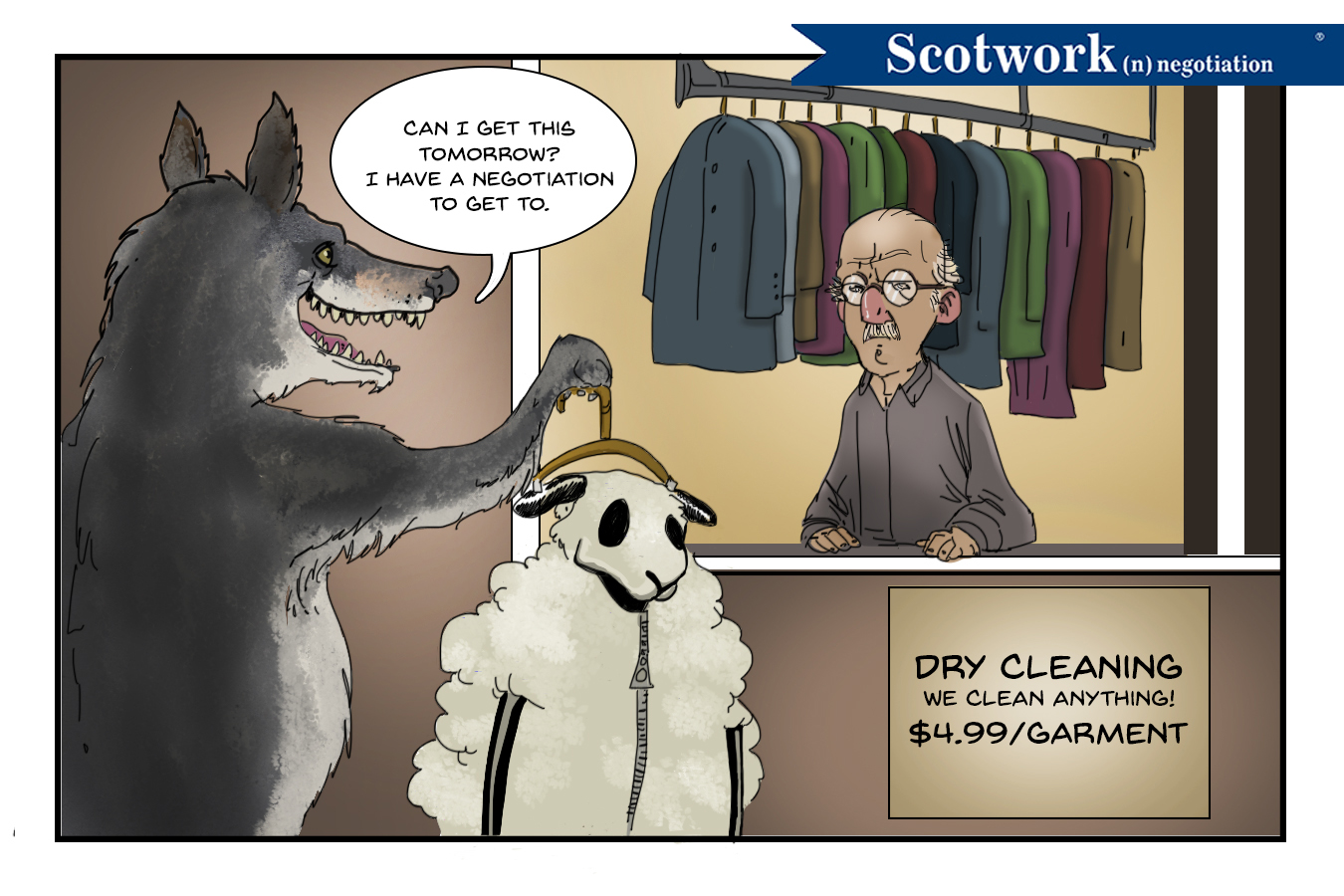Ever been lied to at the negotiation table? We’ve all heard people say things that we suspect might be untrue (“We have three other viable bids”, “Your proposal is the most expensive” or that old chestnut “That’s my final offer”). It’s certainly true that some people lie in negotiations, with the goal of shifting the power balance in their favor.
And trust levels are declining. According to The Atlantic, only a third of Americans now trust their Government to “do what is right”, declining 14 percent in the last year alone. Social media, full of false claims and deliberate lies – especially in this political season – doesn’t help. #FakeNews is everywhere, on both sides of the political divide.
Here’s the irony… a recent study at Stockholm University found something quite amazing – trusting others will help you live longer, while doubting others increases your mortality risk.
Even adjusted for socio-economic factors like access to healthcare and income, the study found a robust connection between levels of trust, and people’s health.
Don’t trust me? You can check it out yourself here.
As negotiation experts, we’re often asked about whether to trust people by default, or not. I prefer to take the middle road, fashioned by Ronald Reagan in dealing with the Soviets – trust, but verify. If you doubt someone’s claim, don’t immediately assume dishonesty - be curious, and ask lots of good follow up questions designed to drive past vague claims to specifics - you’ll find these very effective at separating the facts from the, um, other stuff.
Once someone has lied to me once, they’re done - and that reputation will last forever. If you tell me 100 things, and only one of them turns out to be untrue, you’ve immediately undermined the other 99 things, and possibly anything else you might ever say to me. (Can we do business afterwards? Possibly, but I’m double-checking everything).
But how common is it for people to tell lies? In my long professional career, I’ve probably only met 5-6 people who are what I would call “habitual liars”. Why treat everyone at the level of lowest common denominator? In business, I’m strongly in favor of trusting people by default, unless and until they prove that they aren’t worthy of that trust. If I approach every new person I meet assuming that they’re untruthful, and take steps to defend myself “just in case”, I’m going to make a lot of extra work for myself, and ruin a lot of new relationships.
Forget ethics for a moment; even if we just approach negotiations out of self-interest, most of us are smart enough to know that telling lies is counter-productive in anything but the immediate short term.
There are much better ways to get what you want than to tell a “white lie” – for example, the rare art of structuring expectations (by careful disclosure of the right sort of information) is much more effective. And if that’s true for you, why wouldn’t it be true for the vast majority of people you’re going to meet and interact in your business life?
So do your part. Assume people are honest, until they prove otherwise. Trust, verify, and live long and prosper.
Need a lie detector?
It’s always good to have someone who can help you spot the fibs and “stretches of the truth” at the negotiation table. We can be your advisor, we can be your coach, and we can be your trainer. Whether you bring us to create your strategy, or help you prepare, or develop your team’s negotiating skills - we can help you win at the negotiating table.
We’ve been consulting and teaching our proven negotiation methodology for over 40 years. We know the process, we can identify the skills required, and we have the techniques to negotiate better deals for you. Call us and let’s discuss what we might be able to do for you.
Talk to one of our experts today.

